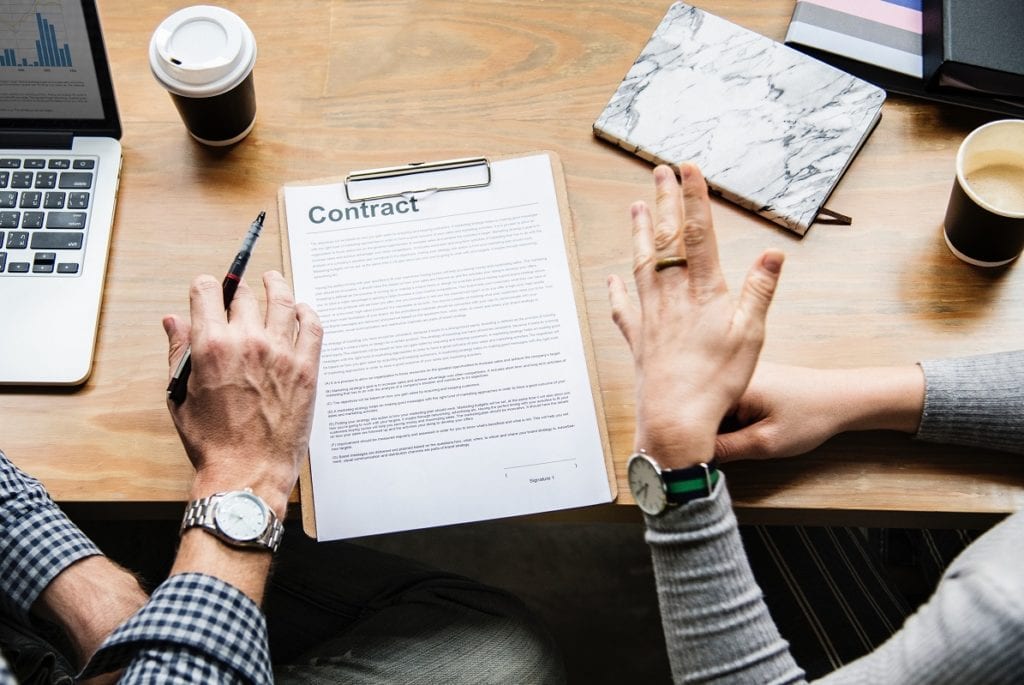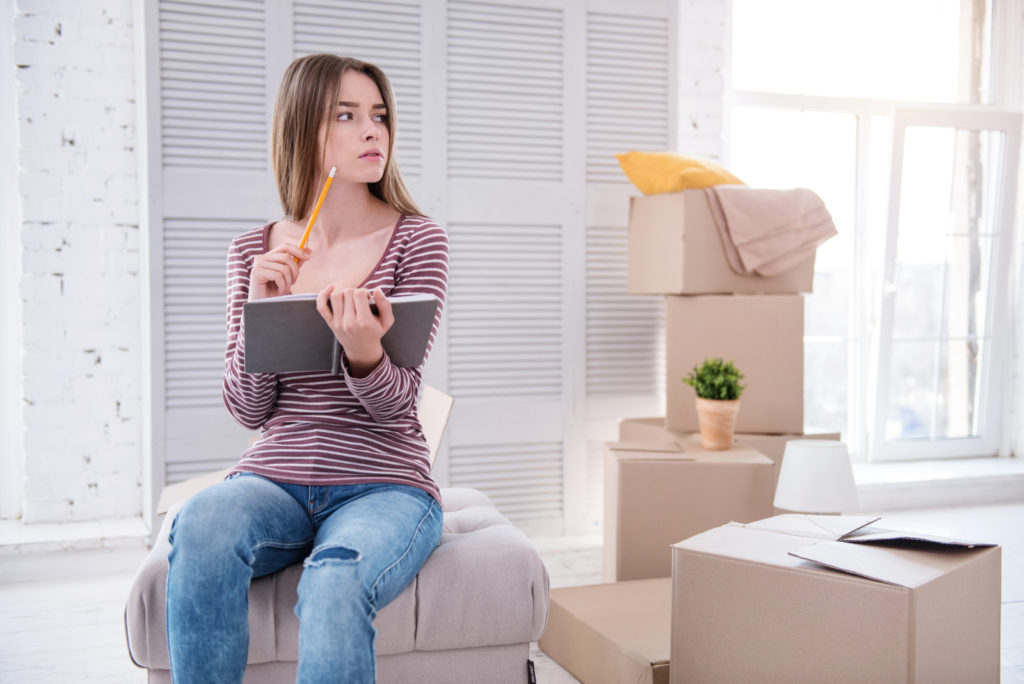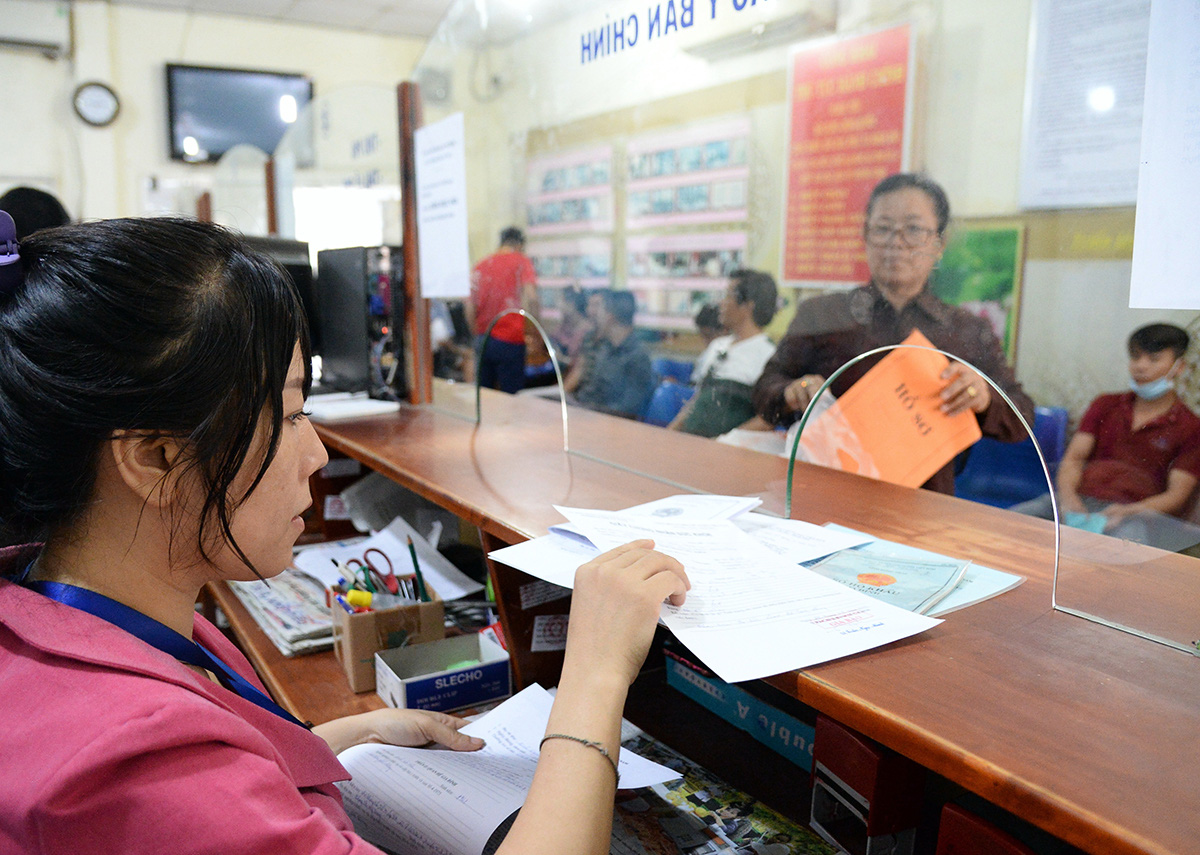At long last the search is over – no longer do you need to jump on the back of estate agents’ motorbikes and be whisked off to see a whole range of totally unsuitable apartments. However, there is one last little hurtle with moving – the process of checking items, the contract, and of course getting yourself organised.
When settling into a new home in Vietnam, there are essential steps to ensure a smooth transition. In this comprehensive guide, we’ll walk you through the process, taking you step by step through how to review your contract, check the items in the apartment/house, and all the way up to register with the local police.
Reviewing Your Contract
One of the first and most crucial steps when moving into a new house or apartment in Vietnam is to carefully review your lease agreement or contract. The contract outlines the terms and conditions of your rental and serves as a legal document that protects both you and the landlord. This is often produced as you are about to move in so you can be tempted to just scan it and then get on with the moving process, however, it is very important to thoroughly check it all out in detail.

One of the first and most crucial steps when moving into a new house or apartment in Vietnam is to carefully review your contract
The important things you need to consider include:
Lease Terms – Pay close attention to the length of your lease i.e. how long you have agreed to rent for ( typically the minimum will be six months although many places only allow one year ) In addition make sure of the rental price – if you are a foreigner then they may ask for the rent in dollars – this means that there can be a change in the actual VND amount due to a fluctuating exchange rate. Decide beforehand if you want a certain amount each month out and if so then state you require payment in VND instead. It is important to make sure that there will not be any rent increases during your renting period – this stops you from signing for a year and finding that after three months the rent dramatically increases etc. Do make sure that you fully understand the rental terms before signing as you can easily lose a lot of money if you simply sign without checking.
Deposit and Payments – All apartments/houses will require a security deposit – this will be a minimum of one month. It is taken in case you trash the apartment and then disappear and is kept until the apartment/house is checked at the end of the rental time frame. It is important that you are aware of the conditions under which you might lose your deposit – this may be in relation to breaking the contract earlier than anticipated or if there are complaints from neighbours etc which require the landlord to ask you to leave etc. These conditions should be clearly stated in your contract.
In addition, you need to check the payment schedule – are you paying monthly or bimonthly? on which date do you need to pay? etc.
Maintenance and Repairs – It is very important to check that the contract states who is responsible for maintenance and repairs – often this section will be split into two – with the landlord being responsible for major items, such as the ceiling suddenly falling down etc. and for you as the renter being responsible for simple daily living things such as light bulbs ( although many apartments have maintenance people who will help you buy the light bulb and fit it ( some Vietnamese ceilings can be very high!).
Checking Your New Home

It is also important to make sure that everything functions properly, go through a thorough check of your new home
When you are signing your contract there will be a section that outlines the items in the apartment/house and their condition. It is very important to be super thorough with this – if the paper says there are double curtains ( i.e. an inner net and an outer thicker material ) then check – and if there is only one layer then point it out and make sure it is changed on the contract! Once you have signed then you are liable for the items – even if you verbally point it out, this is not enough come a year from now when you need to leave!
It is also important to make sure that everything functions properly, go through a thorough check of the following :
Utilities – although it is super embarrassing as the owner and estate agent are standing beside you, it is important that you turn on all taps, flush all toilets and test showers to check water pressure and temperature. Ensure that there are no leaks or issues with the plumbing ( you may need to kneel down to check under the kitchen sink ! ). Verify the working condition of electrical outlets, switches, and lights.
Appliances – Check all appliances, including the stove, refrigerator, washing machine, and air conditioning units. Ensure they are functioning correctly and have been properly maintained.
Doors and Locks -Test all door locks, both on the main entrance and interior doors. Make sure they close securely and that the keys work.
Windows – Open and close all windows to check for any issues with locks or hinges.
Registering with Local Authorities

In Vietnam, it’s a requirement for foreigners to register with the local police within 24 hours of moving into your new home
In Vietnam, it’s a requirement for foreigners to register with the local police within 24 hours of moving into a new residence. Your landlord will typically process this for you, however, there is no obligation for them to do this for you and you may well end up doing the process alone!
To complete the police registration you need to:
- Find your nearest local police station, as you’ll need to visit in person. Make sure that you take a translator or be ready for Google Translate as there will probably be no or very limited English.
- Required Documents – Take your passport, visa, and a copy of your lease agreement or rental contract. Some police stations might ask for additional documents ( such as photographs or your work permit etc ) so take more rather than less with you!
- Completing a form – You’ll be given a registration form to fill out, which upon competition you will receive your registration certificate.
- Keep a Copy – It is important to make copies of your registration certificate, as you may need them for various administrative procedures or when dealing with authorities.
Moving into a new house or apartment in Vietnam can be a smooth and enjoyable process when you take care of the essentials. Carefully review your contract, check every aspect of your new home, complete your registration with local authorities, and equip your space with essential items. With these steps in place, you’ll be well-prepared to embrace your new life in your Vietnamese home.



